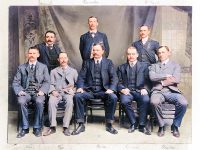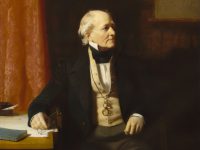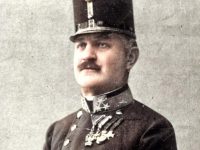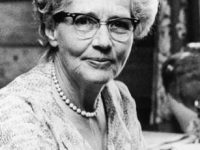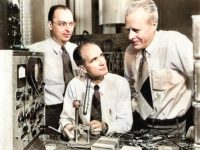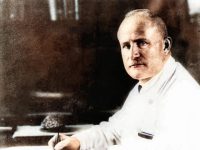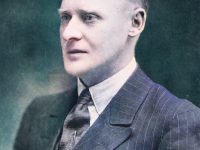Sir David Bruce and the Discovery of the Causative Agent of Malta Fever
On May 29, 1855, Scottish pathologist and microbiologist Sir David Bruce was born. Bruce investigated Malta fever (later called brucellosis in his honour) and African trypanosomiasis (sleeping sickness in humans and nagana in animals). He discovered the first protozoan parasite transmitted by insects, which was later named Trypanosoma brucei after him. David Bruce – From Australia back to Scotland David Bruce was born in Melbourne, Australia, to David Bruce, a Scottish engineer…
Read more

